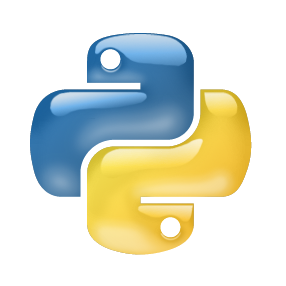Recently, Python Testbed for Federated Learning Algorithms emerged as a low code and generative large language models amenable framework for developing decentralized and distributed applications, primarily targeting edge systems, by nonprofessional programmers with the help of emerging artificial intelligence tools. This light framework is written in pure Python to be easy to install and to fit into a small IoT memory. It supports formally verified generic centralized and decentralized federated learning algorithms, as well as the peer-to-peer data exchange used in time division multiplexing communication, and its current main limitation is that all the application instances can run only on a single PC. This paper presents the MicroPyton Testbed for Federated Learning Algorithms, the new framework that overcomes its predecessor's limitation such that individual application instances may run on different network nodes like PCs and IoTs, primarily in edge systems. The new framework carries on the pure Python ideal, is based on asynchronous I/O abstractions, and runs on MicroPython, and therefore is a great match for IoTs and devices in edge systems. The new framework was experimentally validated on a wireless network comprising PCs and Raspberry Pi Pico W boards, by using application examples originally developed for the predecessor framework.
翻译:暂无翻译




